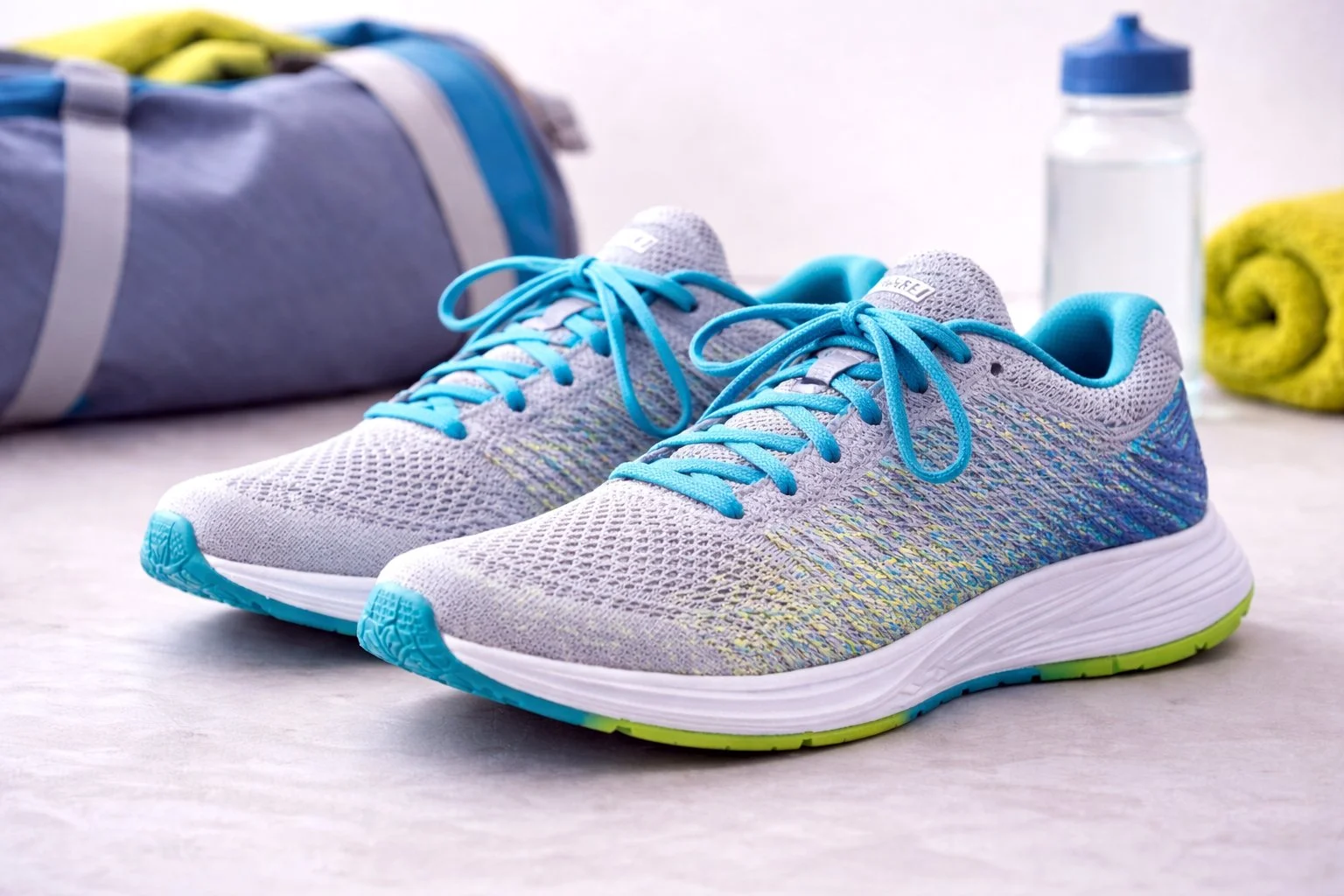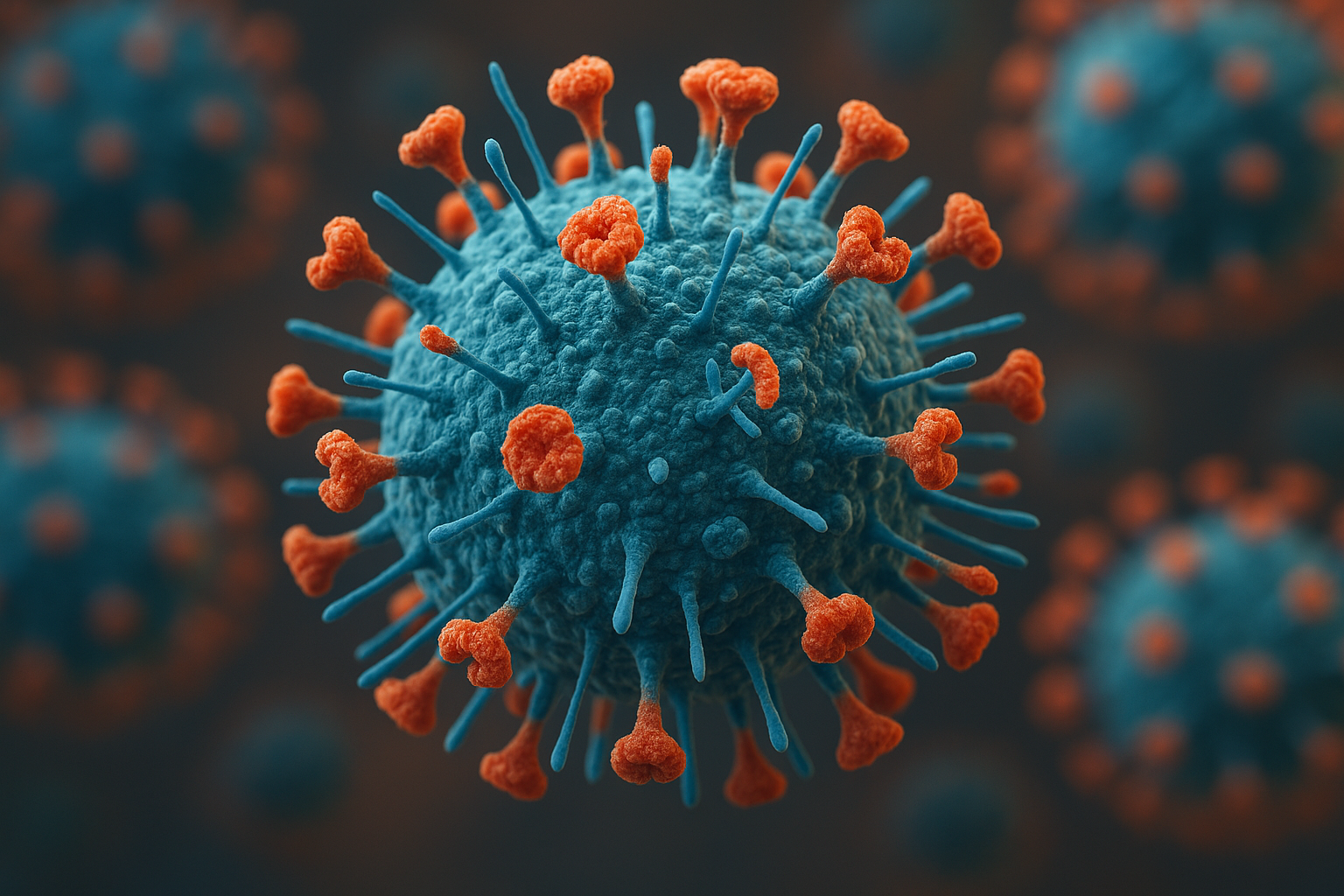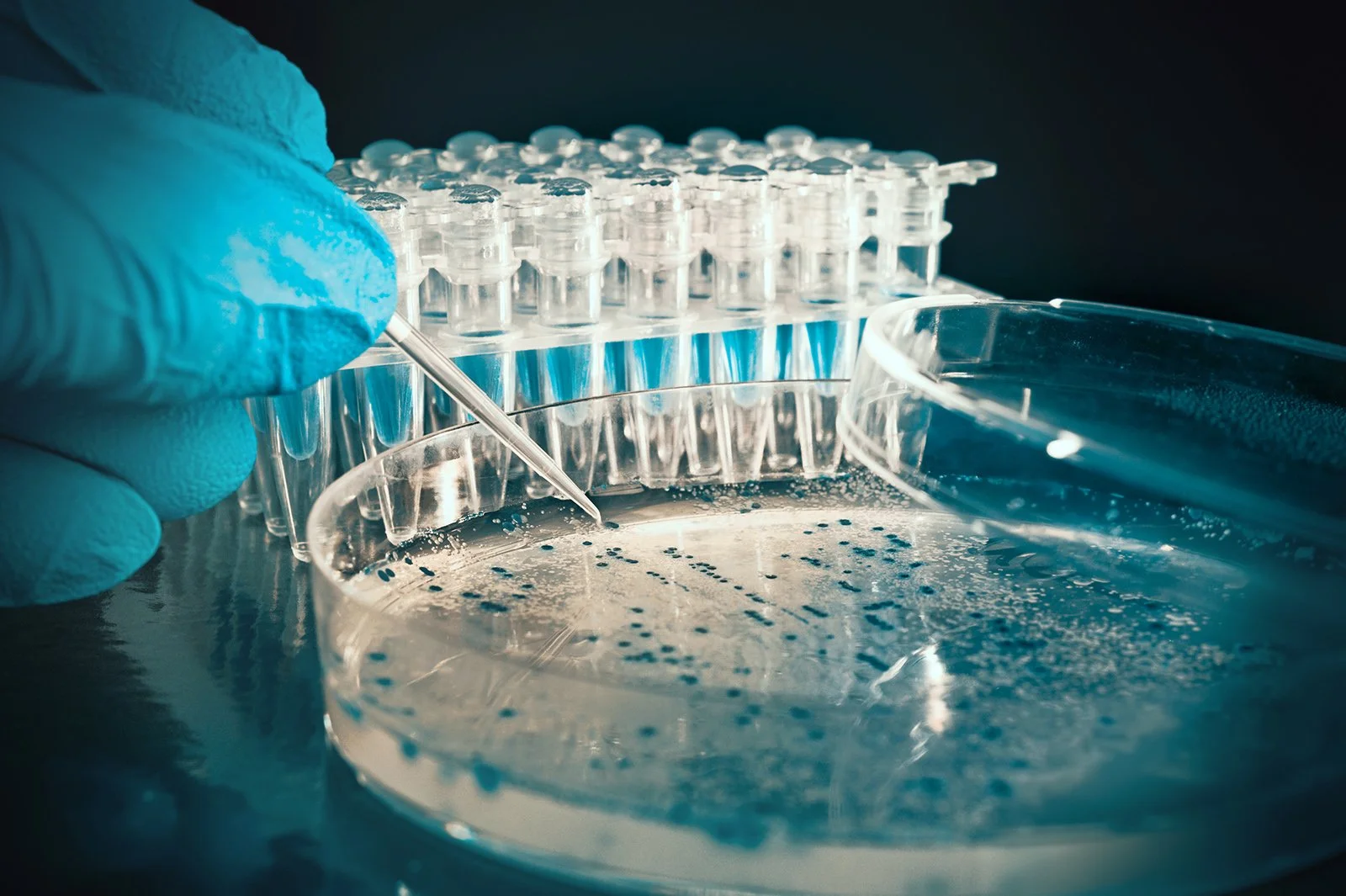Why Materials Start to Smell Even When They Look Clean
Most people associate unpleasant smells with dirt, poor hygiene, or lack of cleaning. Yet many everyday products develop persistent odours despite being regularly washed, wiped, or disinfected. Clothing that smells as soon as it’s worn. Shoes that retain odour no matter how often they’re cleaned. Plastic products that develop a musty or sour smell over time. Car interiors, gym equipment, reusable packaging, and household items that seem “clean” but never quite smell fresh.
Advancing Hygiene in Healthcare Environments
Healthcare environments present unique challenges in maintaining hygiene and inhibiting microbial contamination. High-touch surfaces, including flooring, wall panelling, and medical products, can harbour unwanted microbes. These surfaces can act as reservoirs for microbial contaminants, with studies indicating that bacterial and viral pathogens can survive on inanimate objects for extended periods, sometimes even months, if not adequately addressed.
How COVID-Era Advocacy Cemented the Role of Antimicrobial Materials in Public Spaces
When the COVID-19 pandemic swept across the world in early 2020, hygiene became a societal obsession. From constant hand-sanitising to surface disinfection rituals, the invisible battle against pathogens entered every home, workplace, and public setting. Yet beneath this visible wave of cleaning and caution, a quieter revolution was unfolding
How Odour-Control Textiles Work at the Molecular Level
Odour-control textiles are more than just a convenience, they are an essential technology across multiple sectors, including performance wear, healthcare, travel gear, hospitality, defence, and space exploration. These textiles are engineered at the molecular level to inhibit microbial growth, which is the primary cause of unpleasant odours in worn fabrics.
Designing for Defence: Preventing Hospital-Acquired Infections Through Smarter Infrastructure and Materials
Many healthcare environments are built with minimal input from infection prevention specialists, and as a result, design decisions inadvertently create conditions that enable microbial persistence, proliferation, and transmission. With the threat of antimicrobial resistance (AMR) accelerating globally, rethinking how we design and build healthcare spaces is no longer optional, it is essential.
Antimicrobial Textiles in Extreme Environments
In extreme environments where access to water and regular laundering is impossible, textiles become more than simply clothing or bedding. They are integral to maintaining hygiene, comfort, and even survival. In spacecraft, submarines, polar research stations, military operations, disaster relief zones, and remote exploration sites, prolonged missions in confined and resource-limited settings create the ideal conditions for microbial growth.
The Future of Antimicrobial Materials
Antimicrobial materials are emerging as a critical class of engineered substances designed to reduce the spread of harmful microorganisms on surfaces and within products. These materials—capable of killing or inhibiting the growth of bacteria, fungi, and viruses—have transitioned from niche applications to mainstream integration.
The Best Materials for Disease Prevention
In the modern age of global travel, dense urban living, and evolving pathogens, the surfaces we touch every day can significantly impact public health. While hygiene practices and cleaning protocols remain essential, materials themselves are playing an increasingly proactive role in preventing the spread of infectious agents like Escherichia coli (E. coli), Staphylococcus aureus, Listeria, and Salmonella.
Can Materials Help Prevent Disease Transmission? A Material Science Perspective
As health, hygiene, and material innovation continue to converge, the question of whether materials themselves can play a role in preventing disease transmission is more relevant than ever. Beyond traditional cleaning and disinfection, advances in surface engineering, polymers, and antimicrobial additives are enabling materials to actively resist or neutralise microbial threats.
Antimicrobial Technology in Aerospace and Space Systems
While antimicrobial materials have traditionally been associated with healthcare and consumer goods, their application in aerospace and defence is gaining momentum. Industry leaders are beginning to see the value of embedded antimicrobial technologies — additives or treatments integrated directly into polymers, coatings, and textiles — as a passive, self-sustaining defence mechanism.
Bioinspired Materials: The Future of Antimicrobial Surfaces
Bioinspired materials are engineered surfaces and structures that mimic the natural functions found in plants, animals, and insects — often to achieve effects like self-cleaning, bacteria resistance, or reduced contamination.
Next-Generation Antimicrobial Resin Kills MRSA and Superbugs on Contact
In a major advancement for surface hygiene and infection control, scientists at the University of Nottingham, working alongside industrial partner Indestructible Paint Ltd, have developed a durable antimicrobial paint that actively kills a wide spectrum of dangerous pathogens.
The Role of Additives in Modern Gym Equipment
The fitness industry has never been more focused on performance, hygiene, and durability. From boutique studios to commercial gym chains, operators and consumers alike are demanding more from their equipment. Behind the scenes, a quiet revolution is taking place — driven by the use of advanced functional additives in materials used for gym equipment.
How Antimicrobial Textiles Are Evolving to Meet New Expectations
In a world more conscious of hygiene, health, and sustainability than ever before, antimicrobial textiles have entered a new era. No longer confined to niche applications, these functional materials are now expected across multiple industries — from healthcare to sportswear, hospitality to public transport.
Can Antimicrobial Technologies Support Sustainability?
As global attention turns toward environmental responsibility, manufacturers and consumers alike are searching for innovations that do more with less. While antimicrobial technologies are often associated with hygiene, odor control, and healthcare applications, their contribution to sustainability is increasingly being recognized.
Harnessing Hygiene With Antimicrobial Technologies
Antimicrobial technologies are reshaping the way we think about cleanliness and product performance. From the smartphones in our pockets to surfaces in hospitals and materials used in public transport, these innovations are becoming increasingly integrated into everyday life.
Why Antimicrobial Technology is Essential
In a world where hygiene, health, and durability are top priorities, antimicrobial technology has emerged as a powerful ally. From hospitals to homes, and smartphones to sneakers, products enhanced with antimicrobial properties are redefining standards for safety, cleanliness, and performance.


















